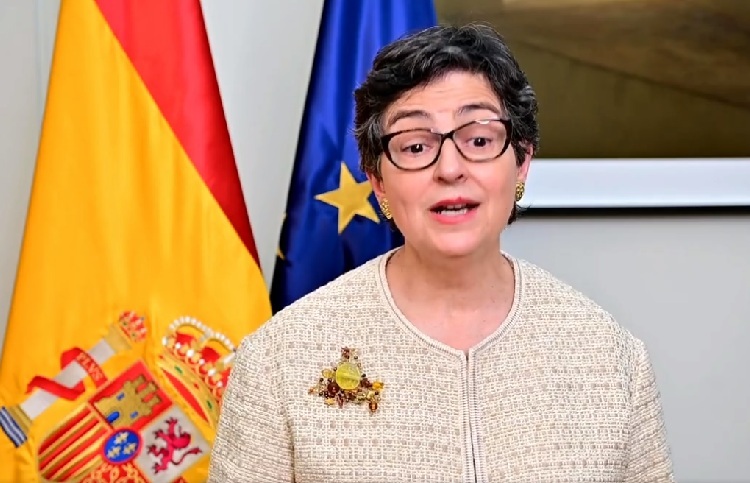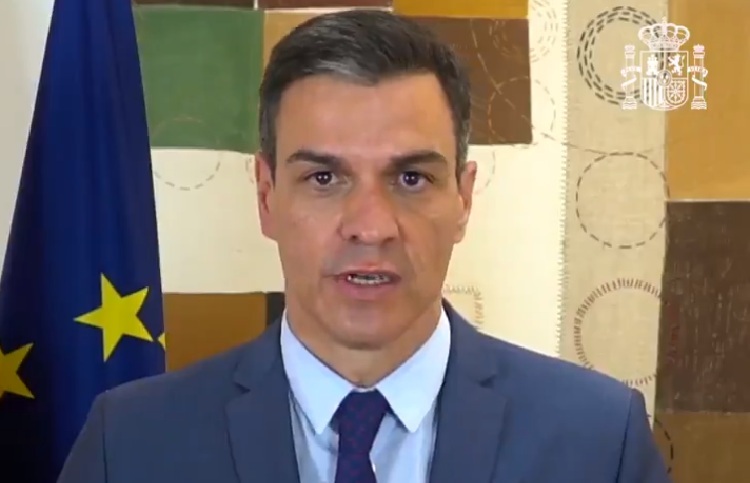Eduardo González
The Minister of Foreign Affairs, Arancha González Laya, has warned that the memory of the 1986 Esquipulas Peace Accords, in which Spain “played a key role”, can serve as a “lesson” to “confront” the current crisis in Venezuela.
Last May 25 marked the 35th anniversary of the signing of the Declaration of Esquipulas (I), which triggered the process of national and regional negotiations that concluded with the peace agreements Guatemala, El Salvador and Nicaragua. “For that reason alone, the date should be remembered”, but its commemoration also allows for “an exercise in reflection on what lessons we have learned from this process that could be useful today”, said González Laya during her participation via videoconference in the round table The role of Spain in the Esquipulas Peace Accords. Peace processes in Central America, organized last Tuesday by the Ministry of Foreign Affairs and Casa de América.
According to the minister, the example of Esquipulas can serve to ask whether “there was a greater capacity for coordination of the countries of the region than we see today when confronting the current crises, such as Venezuela and its regional impact”. “Was the region more united then? And, if so, what explains it?”, she asked. The Contadora process, which gave rise to the Esquipulas Agreements, was initially launched by Mexico and Colombia and was later joined by Panama and Venezuela.
In González Laya’s opinion, Spain became involved in the Central American peace process not by playing “a passive, accompanying role”, but by playing “an active role”. “When the Esquipulas agreements were signed, ten years had not yet passed since Spain had a new Constitution and this Constitution was the decisive impulse for the deepening of our relationship with Latin America”, she recalled.
“Spanish diplomacy showed autonomy, showed courage and showed commitment to democracy, peace and, something that must be emphasized, human rights”, added the minister, who paid tribute to two Spanish diplomats who participated in the peace process and who were also present at the Casa de America event, Ambassador Yago Pico de Coaña and the former Secretary of State for International Cooperation and Ibero-America, Juan Pablo de Laiglesia. “You opened a path that has been followed by other diplomats”, she said.
Spain “played a key role when violence dominated in Central America”, in which it was involved “both in the origin and support for the Esquipulas accords and later in the design, approval and implementation of the three peace accords”, she said. For this reason, “Spain now wants to be part of the solution” in Latin America, a region that is experiencing “a particularly convulsive historical moment” even “in countries that we thought were stable”. “The Government of Spain has decided to set up a space for analysis, dialogue and cooperation on the democracy we want”, with the purpose of “helping in the diagnosis of problems and solutions”, she concluded.







